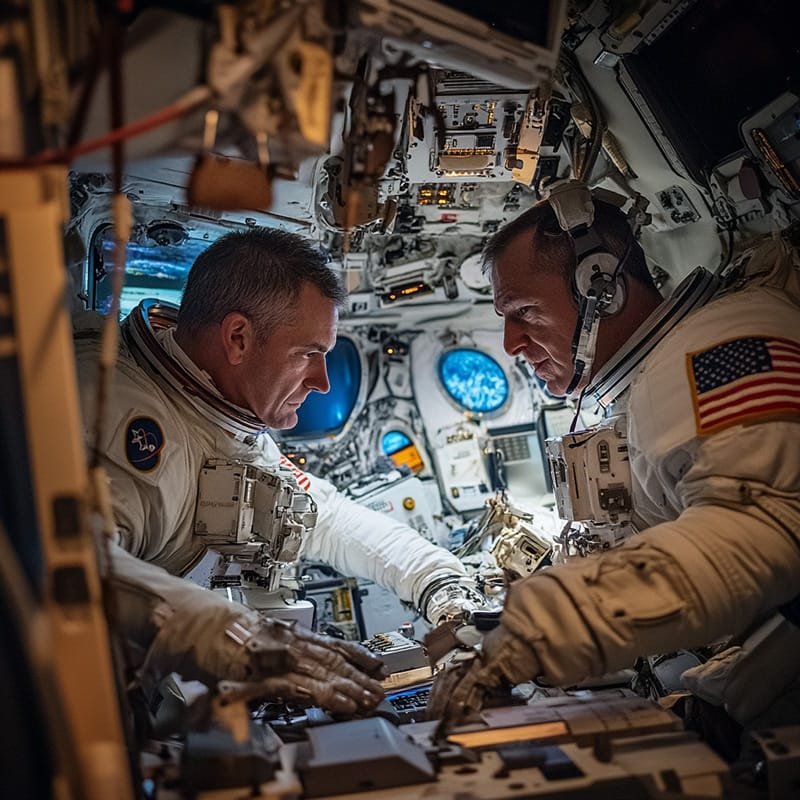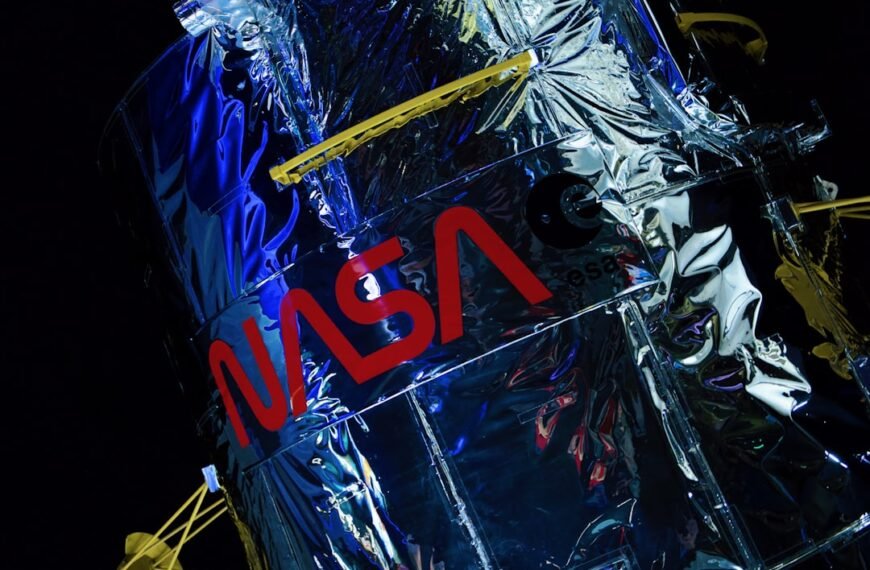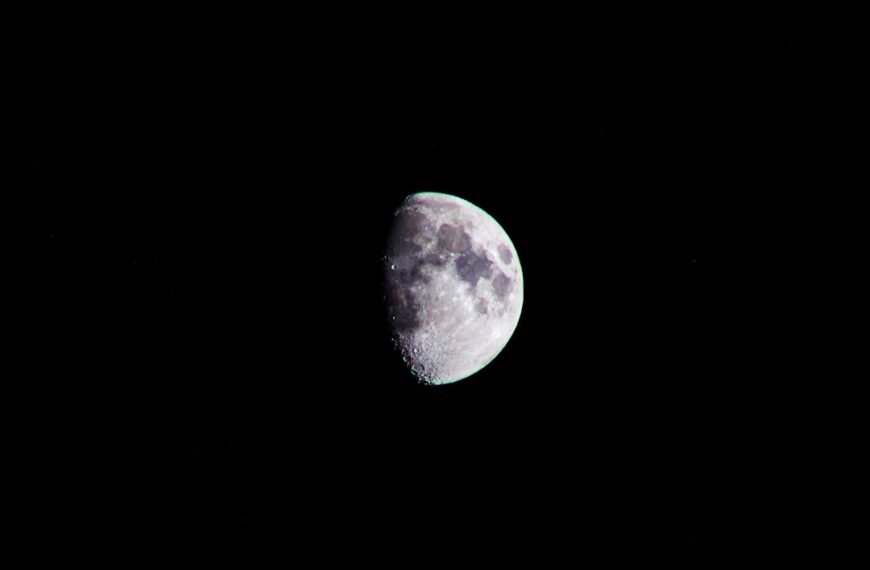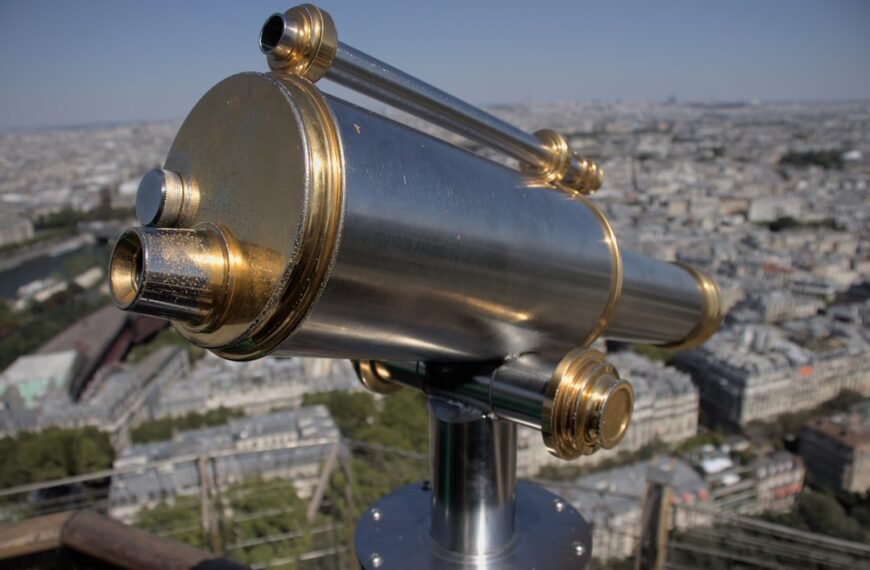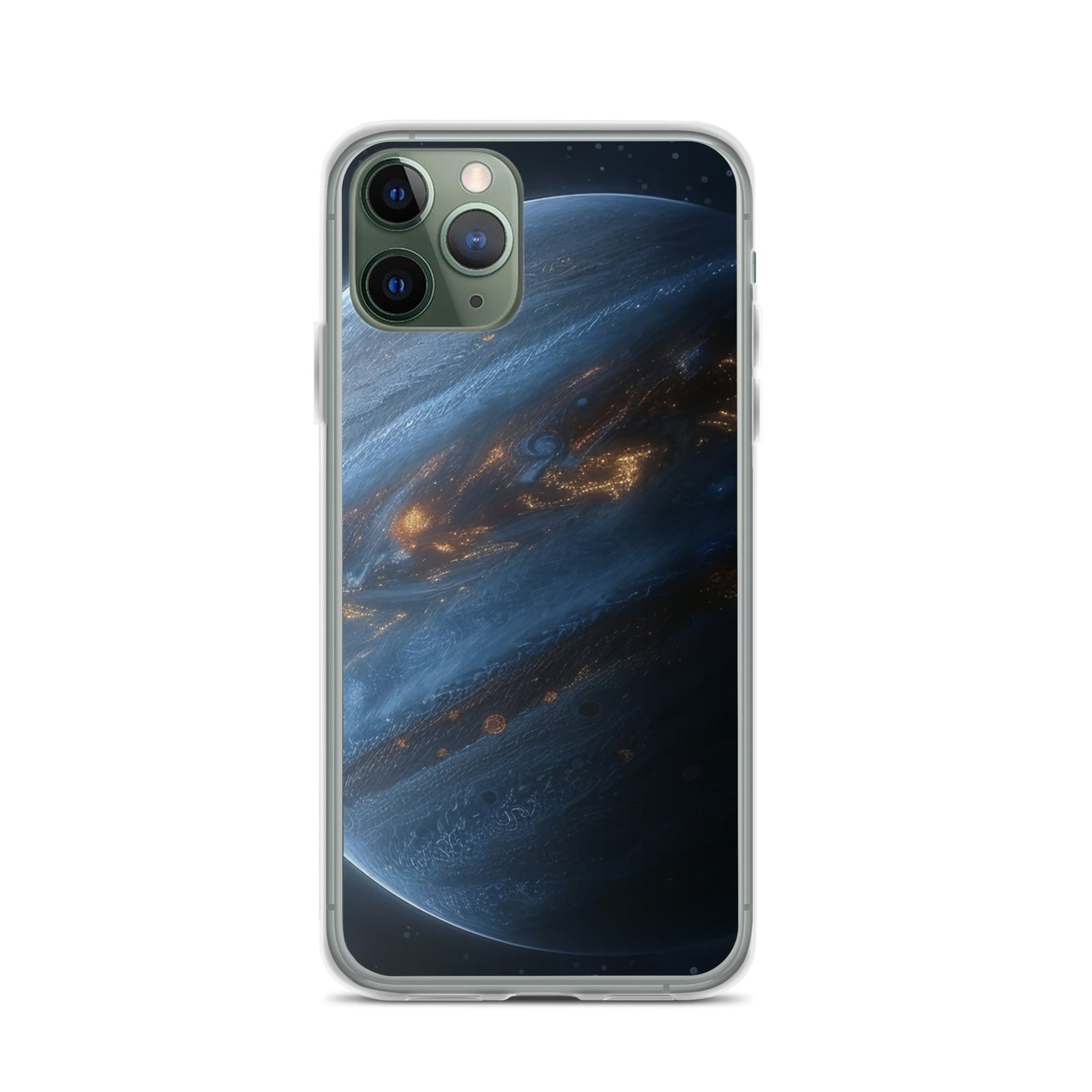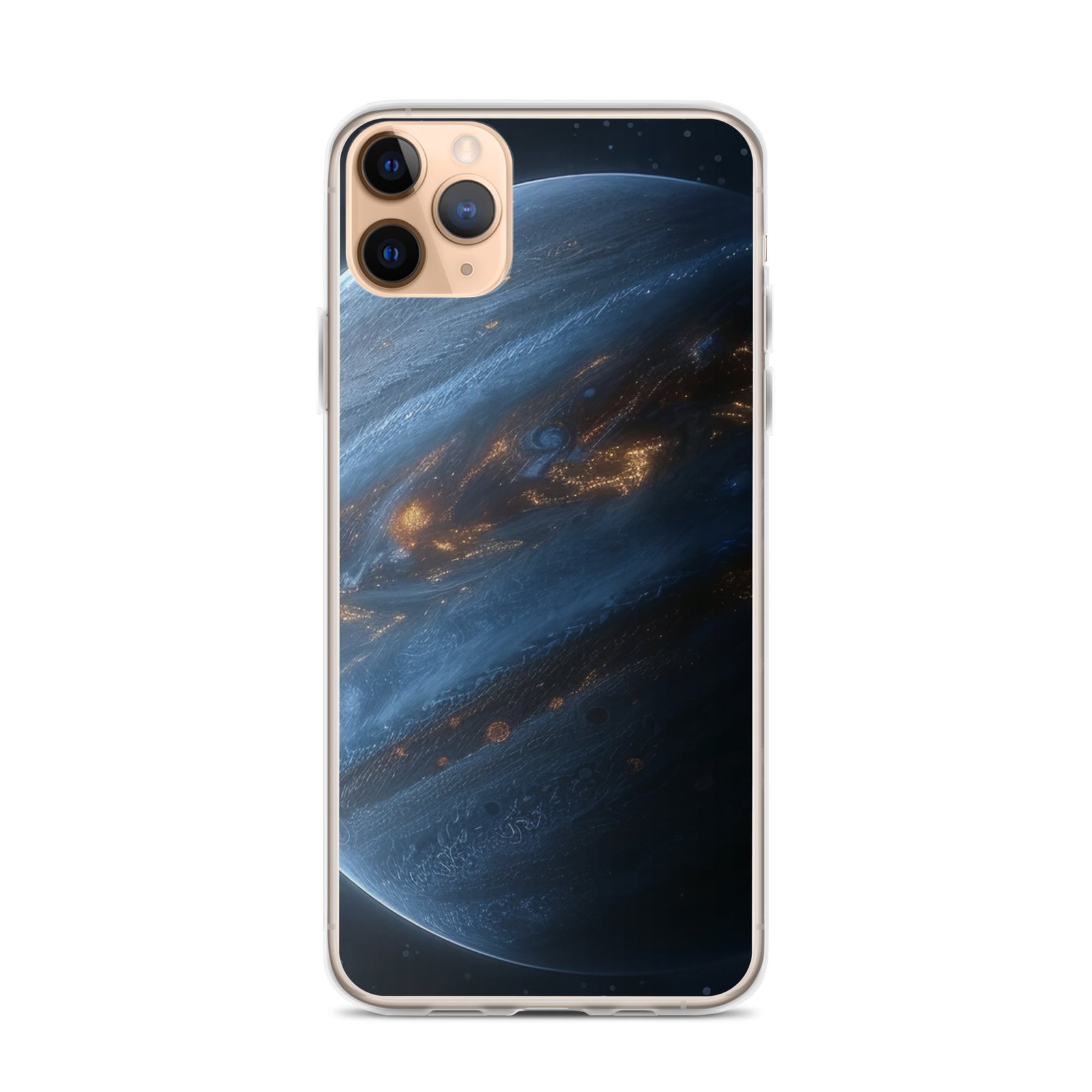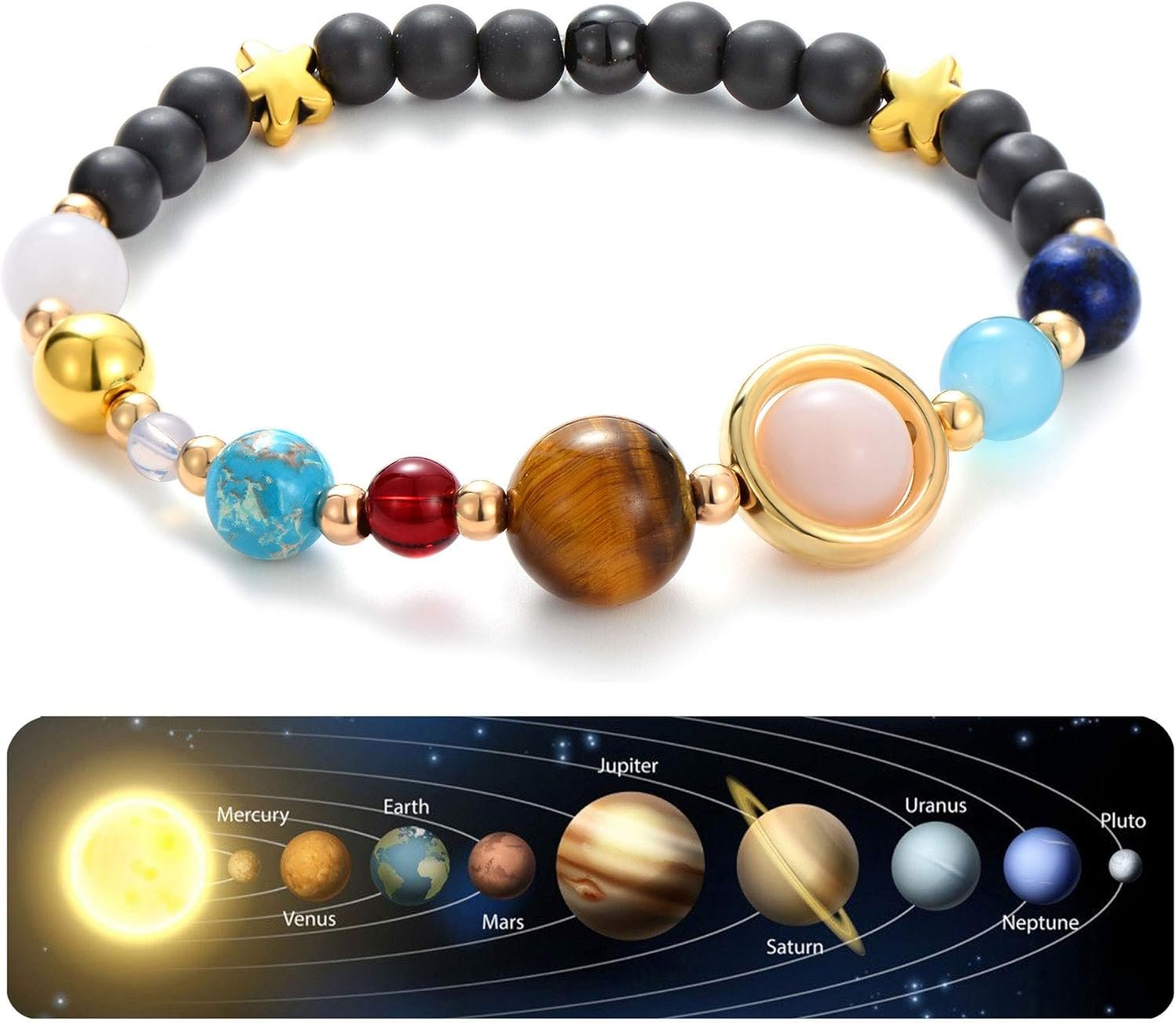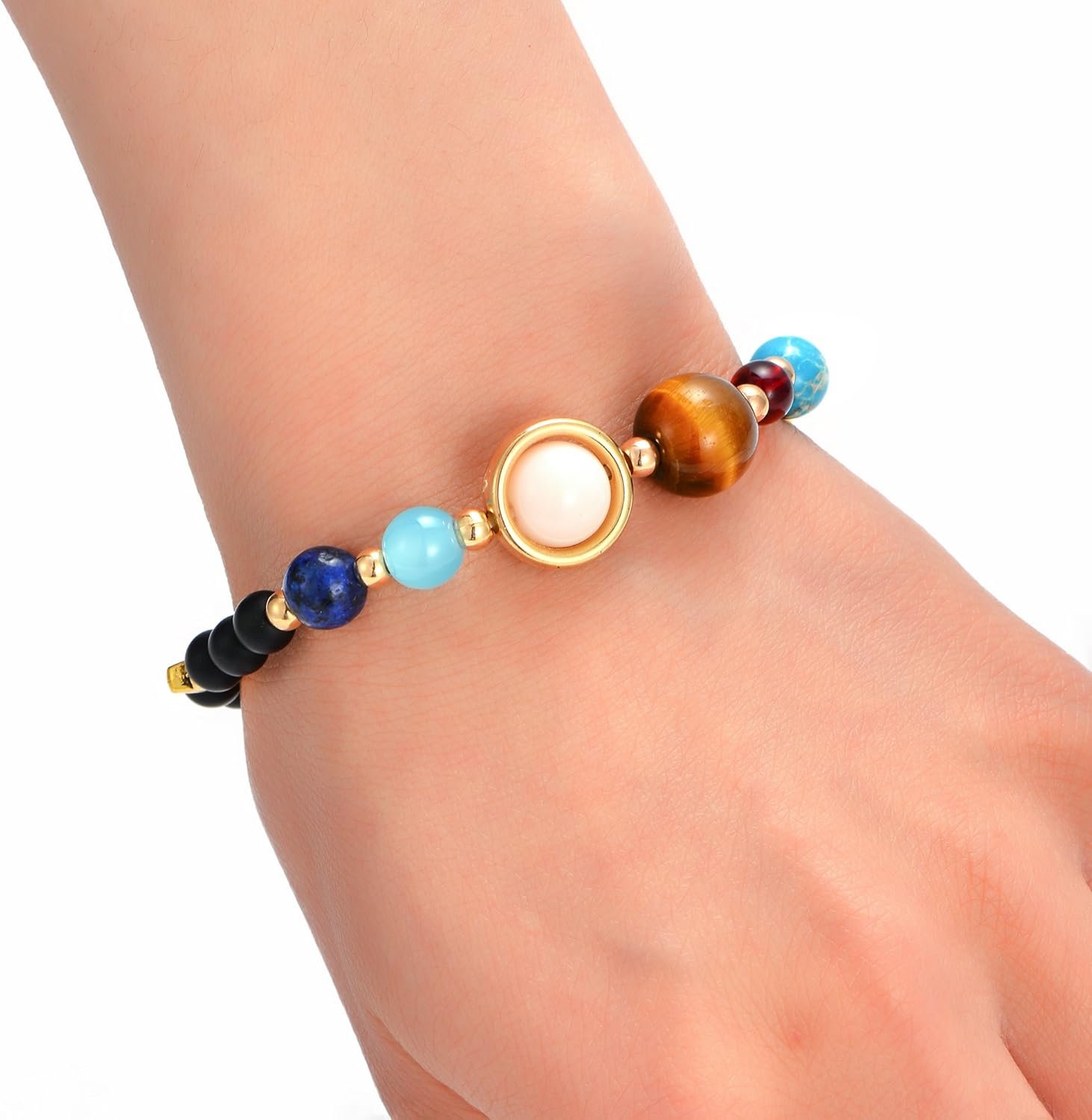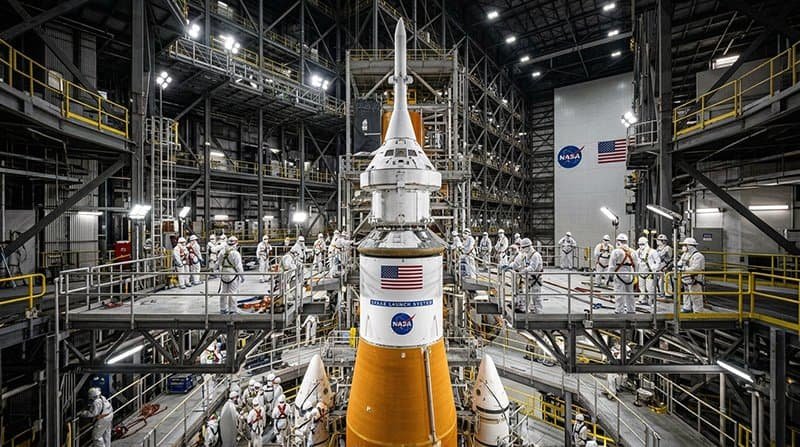Space travel challenges human health with bone loss, muscle atrophy, and psychological stress. Proper countermeasures can aid survival.
Survive in Space | Understanding Human Endurance in Microgravity
Key Takeaways
- Space travel poses numerous challenges to human health, including bone density loss, muscle atrophy, and psychological stress.
- Extended stays in microgravity can lead to severe physiological changes, making survival difficult without countermeasures.
- Experts suggest that with proper countermeasures, humans might endure in space for several years, but risks increase significantly over time.
- Mental health is a critical factor in long-duration missions, affecting performance and well-being.
The vastness of space has always fascinated humanity. As we push the boundaries of exploration, questions arise about how long we can survive in such an unforgiving environment. With nearly 700 people having traveled to space, understanding the effects of long-duration stays is crucial. This blog post explores the challenges of surviving in space, focusing on the physical and psychological impacts on the human body.
The Human Body in Space
Space travel presents unique challenges to human physiology. The lack of gravity affects nearly every organ and system in the body. Research conducted on astronauts aboard the International Space Station (ISS) reveals some alarming changes:
- Bone Density Loss: In microgravity, astronauts experience a significant decrease in bone density. Studies show that astronauts can lose 1% to 2% of their bone mass per month. This happens because bones require mechanical loading to maintain their strength, and without gravity, they weaken.
- Muscle Atrophy: Similar to bones, muscles also weaken in space. A lack of resistance from gravity means that astronauts must exercise rigorously to mitigate muscle loss. If they do not, they can lose up to 20% of muscle mass during a long mission.
- Cardiovascular Changes: The heart adapts to the lack of gravity by changing its shape and size. This can lead to decreased heart function over time, making it harder for astronauts to perform physical tasks upon returning to Earth.
- Fluid Redistribution: In space, fluids in the body shift upwards toward the head. This can cause vision problems and increased intracranial pressure, leading to headaches and other issues.
- Psychological Effects: Living in a confined space with a small group of people can lead to psychological stress. Isolation and confinement may result in anxiety, depression, and cognitive decline.
Record-Breaking Stays in Space
Earlier this year, two Russian cosmonauts set a record by spending 374 consecutive days aboard the ISS. Their experience highlights not only human resilience but also the necessity of understanding the long-term effects of space travel.
Longest Continuous Stay
The current record for the longest single stay in space is held by Valeri Polyakov, who spent 437 days aboard the Mir space station from January 1994 to March 1995. This achievement showcases that it is possible for humans to remain in space for over a year; however, the health risks become increasingly significant.

Factors Influencing Survival in Space
Surviving in space for extended periods depends on various factors:
1. Health and Fitness
Astronauts must begin their missions in excellent health. Those who are already fit and adhere to rigorous exercise regimens are more likely to withstand the physical demands of prolonged microgravity.
2. Countermeasures
Countermeasures play a vital role in mitigating health risks. Regular exercise using specialized equipment helps maintain muscle mass and bone density. Nutrition also plays a critical role; a balanced diet supports overall health during missions.
3. Mission Duration and Goals
The length of the mission and its objectives impact survival. For a mission where survival is the primary goal, individuals may endure longer periods in space compared to missions requiring physical labor or scientific research.
4. Psychological Support
Mental health support is essential for long-duration missions. Providing astronauts with ways to communicate with loved ones and fostering a supportive team environment can help alleviate stress and anxiety.
Risks of Extended Space Travel
NASA estimates that a manned mission to Mars could take approximately three years. During such a journey, astronauts would face numerous risks:
1. Radiation Exposure
In deep space, radiation levels are significantly higher than those experienced on the ISS. Astronauts face increased risks of cancer and other health issues due to exposure to galactic cosmic rays (GCRs) and solar radiation.
2. Physical Deconditioning
Without proper countermeasures, astronauts are likely to experience severe physical deconditioning over time. This includes increased risks of osteoporosis and cardiovascular diseases.
3. Psychological Strain
Isolation and confinement for extended periods can lead to severe psychological challenges. The mental toll of being away from Earth may affect decision-making and task performance.
4. Fluid Shift Effects
The changes in fluid distribution can lead to complications such as Spaceflight-Associated Neuro-Ocular Syndrome (SANS), which affects vision and may persist after returning to Earth.

Expert Insights on Survival in Space
Experts have weighed in on how long humans could survive in space under various conditions:
Mark Shelhamer
Professor at Johns Hopkins University states that while professional astronauts have spent over a year in space with few adverse effects, survival duration heavily depends on available countermeasures and individual health. He estimates that with rigorous exercise protocols, humans could potentially survive five years or more in space.
Francis Cucinotta
Professor at UNLV emphasizes that radiation exposure significantly impacts survival probabilities. He suggests that individuals could survive but may face high probabilities of developing serious diseases after a few years in deep space.
Eneko Axpe
Physicist at Stanford University notes that while staying in space for over a year is possible, health risks increase dramatically with extended exposure. His studies indicate that astronauts on a Mars mission are likely to face severe challenges related to bone density loss and radiation exposure.
Final Thoughts
Surviving in space is no easy feat. The human body is not naturally equipped for life beyond our planet, facing numerous challenges that range from physical degradation to psychological strain. However, with proper training, countermeasures, and support systems, humans can endure longer missions than previously thought possible.
As we look toward future explorations—such as missions to Mars—we must prioritize research into mitigating these risks to ensure the safety and well-being of astronauts. Understanding how to survive in space will pave the way for longer journeys and maybe even establish human presence beyond Earth.
References
- NASA Human Research Program Reports
- Journal of Space Weather and Space Climate
- Medical Journal articles on astronaut health
By understanding how to survive in space better, we set ourselves on a path toward greater exploration and discovery beyond our home planet.







